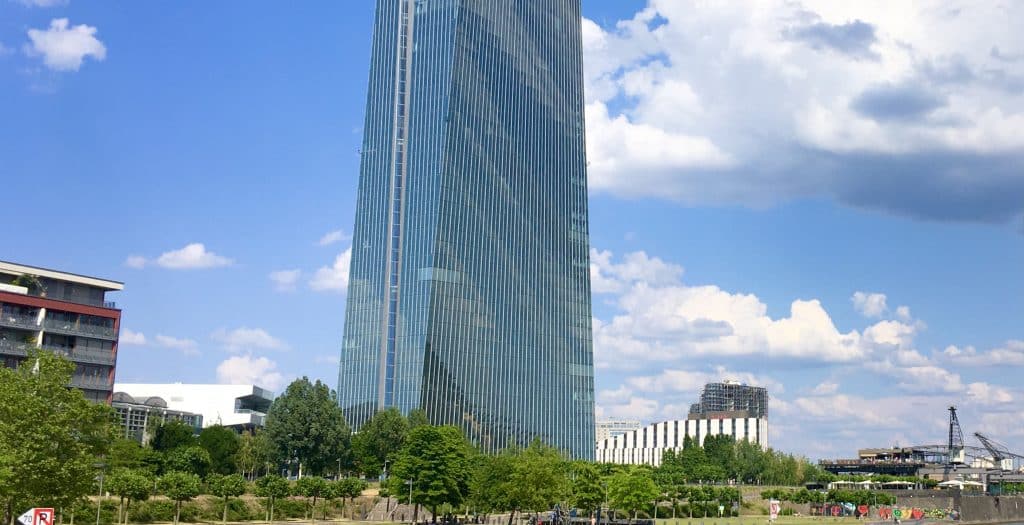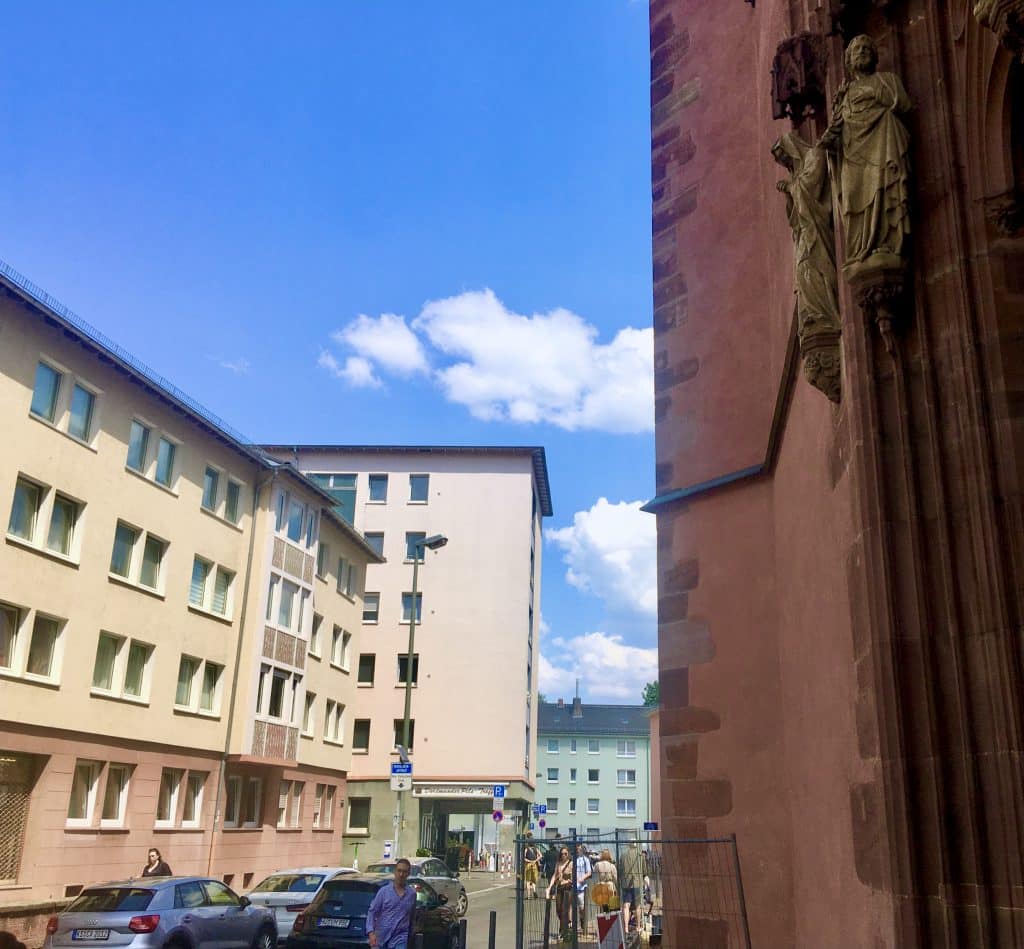
Not long back from Frankfurt and reflecting on its diversity. Most people know it’s a global financial centre with high rise office towers. One is the European Central Bank. Its imposing edifice is a reminder (like laborious customs entry) of our lost continental connections following Brexit.
The city also retains a medieval core, stitched together by regeneration, and surrounded by extensive post war comprehensive redevelopment: the aftermath of WW2 destruction. These characterful 1950s and 1960s neighbourhoods and buildings are as much part of Frankfurt’s urban heritage as its older Marchmont-like tenement areas and the River Main waterfront, where new build apartment blocks are individually designed to a flexible brief and a linear park hosts industrial-chic cafes bolted on to dockland cranes and structures.

Apparently the post-war neighbourhoods are increasingly under threat themselves from redevelopment and new investment. It’s to be hoped that they can be upgraded and retro-fitted: losing these attractive and evocative places would only dilute the sense of place. I suspect they offer more affordable homes, business and community spaces than new development might. The story of the rebuilding process, using crushed and screened building rubble, is an interesting one in itself.
My last visit to Frankfurt was pre-Brexit, visiting a friend who now has joint citizenship. He’s the drummer in our planner-infested band, Topango Afterglow. Our creative endeavours having been curtailed by distance, we gathered at Frankfurt’s Musikbunker a few years back to record some songs. It’s a former bomb shelter, with thick concrete walls able to withstand the increasingly oppressive summer heatwaves brought by climate change, as well as the racket we were making.
The Zoom and Teams explosion during Covid led us to a realisation that we can record song parts in separate locations and produce them remotely. It’s a real benefit of technology but ultimately there’s no substitute for meeting in person and experiencing places and connections first hand.
Back home, there’s much talk of ferries, poor connectivity and impacts on island life. Islanders are despairingly seeking improvements to what are often lifeline services. It wouldn’t be tolerated in the central belt. Social media rages with mainlanders making proclamations over ferry routes they’ve never used, serving islands they have never lived or worked on, or perhaps even visited.
My conspiratorial theory is that Brexit was designed to stop UK residents seeing the best side of Europe, rather than simply preventing people heading this way (apparently stealing our jobs whilst simultaneously pocketing our benefits). I suppose we at least now have an enforced excuse of sorts for misunderstanding life on the continent.
There’s no excuse at all for our urban-centric bias in infrastructure, demographics, affordable housing supply, culture and connectivity. 98% of Scotland’s land area is classed as rural but you’d never know it through media coverage and politics. Get out and see the country if you can – and whether online or in person, keep connected to Europe.
